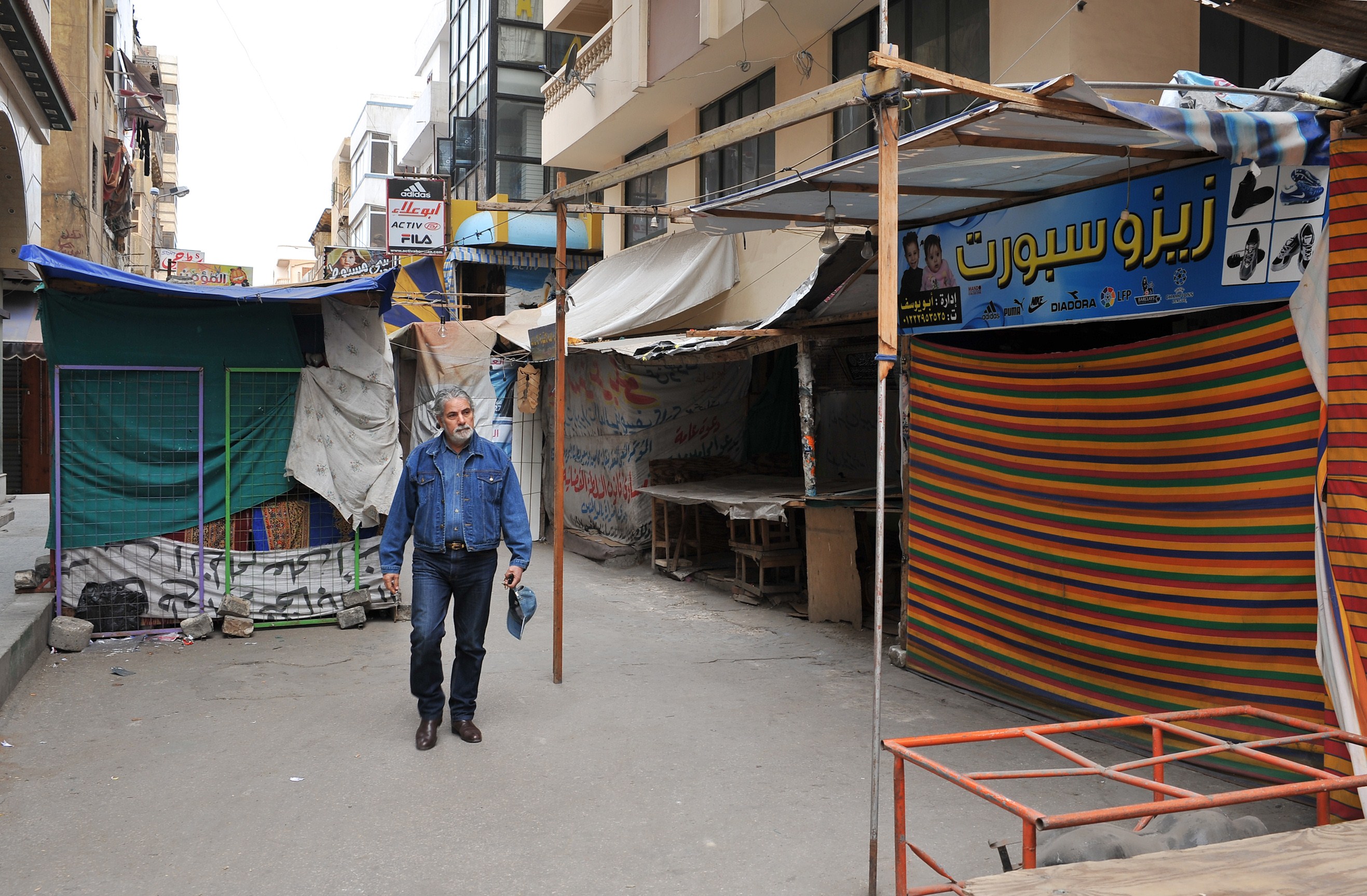Chinese writers, publishers and artists backed by Beijing and others marked the world s largest book fair Wednesday with hundreds of stories from the most populous nation on earth.
The guest of honor for the Frankfurt Book Fair s 61st edition made its mark with debate over freedom of expression even before the giant trade show began but opening ceremonies focused on China s cultural roots and growing global role.
Gottfried Honnefelder, president of the German publishers and booksellers association which organizes the fair, hailed the birthplace of print and paper.
German Chancellor Angela Merkel said in an inaugural address that in recent years, China s political and economic weight has increased considerably.
As a result, so has its global responsibility… in terms of political and economic freedom and freedom of expression.
Merkel grew up in former communist eastern Germany and recalled how she had hoped western visitors would bring books when she was young.
Books make a difference, a difference that threatens dictatorships and bolsters democracies, she said.
Chinese Vice-President Xi Jinping, who some see as the country s next president, called meanwhile for global harmony and promotion of peace and prosperity.
He did urge visitors however to adopt an open attitude of mutual respect.
A flap sparked by the invitation of Chinese dissidents to a pre-fair symposium in September had ruffled the feathers of China s ambassador to Berlin, but the book fair is used to controversy.
During the opening ceremony, two women also brandished placards in support of imprisoned Chinese intellectuals Liu Xaobo and Tan Zuoren, but remained peaceful and were not ejected.
Security wherever Chinese officials gathered was strong and fair director Juergen Boos told media: China fascinates and irritates us, and we accept that challenge.
The book fair has to make sure that we can present many different voices and it has to guarantee freedom of speech.
Dissident Chinese poet Bei Ling told a press briefing sponsored by The International Society for Human Rights that some have another voice they had to express in underground literature and poetry.
Around 300 Chinese official publishing companies were to take part in the annual trade show, including groups from Hong Kong, Macao and Taiwan.
We hope that we can bring the history of China, Chinese culture, its writers and present day Chinese culture closer for Germany and representatives from other countries, a statement quoted Zhang Fuhai, head of the Chinese delegation s executive committee as saying.
In all, some 6,900 exhibitors from around 100 countries were gathered until Sunday, fewer than last year as a sector and global economic crisis thinned the ranks of participants.
China has invested around ?5 million ($7.4 million) in its appearance as guest of honor and has had more than 100 titles translated into German or English for the occasion.
Among the works to be highlighted were The Wolf s Wrath by Jiang Rong, Rushing through Beijing by Xu Zechen, and Brother by Yu Hua.
The Chinese exhibition also features a wide range of cultural events, from shadow puppets or marionette performances and crafts that visitors can try their hand at to traditional music, opera and Kung Fu demonstrations.
Discussions are scheduled on topics such as China s Megatrends by US author John Naisbitt and Central Committee member Zhao Qizheng, or Chinese scholar Wolfgang Kubin s work on 3,000 years of Chinese literature.
As he welcomed book dealers and private visitors, Boos urged them to speak freely with all and develop their own idea of China.

